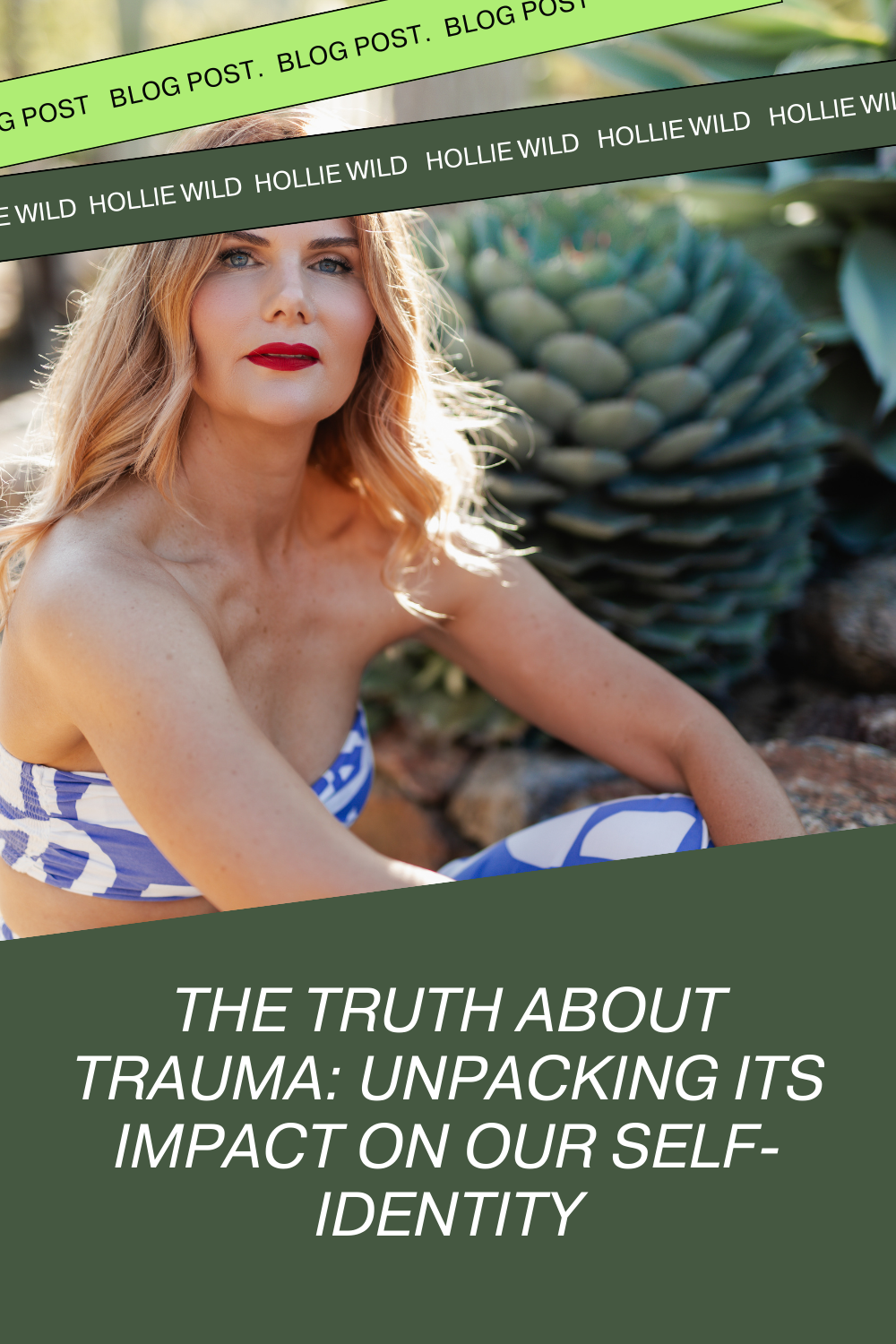The Truth About Trauma: Unpacking Its Impact on Our Self-Identity
How Understanding Trauma Can Revolutionise Your Journey to Self-Discovery
Trauma and Self-Identity: A Double-Edged Sword
If you've hung around here long enough, you know I'm all about peeling back the layers of our self-identity. But here's where it gets twisty – I believe in looking at trauma healing from two angles, and yes, it might sound like I'm playing both sides of the field. But bear with me; it's all going to click together.
On one hand, I'm a staunch believer that not everything in our lives is a trauma response from our past. It's easy to fall into the trap of overanalysing every flaw or imperfection, thinking it's something we need to 'fix' about ourselves. But here's the catch – where our focus goes, our energy flows. Dwelling too much on what we perceive as broken within us can actually amplify those feelings, creating a cycle of negativity that's hard to break.
The Power of Reframing
So, what's the alternative? It's about shifting our focus from what we don't like to what we do. It's about embracing our strengths, our quirks, and yes, even our imperfections, and seeing them in a new light. This shift in perspective can be transformative, propelling us towards self-love and acceptance, rather than constant self-critique.
But, and there's always a but, we also can't ignore the real impact trauma has on our lives. This is the other side of the coin – acknowledging that trauma, especially from our childhood, can leave deep-seated beliefs and fears that shape who we are and how we see the world.
Trauma: The Body's Memory Keeper
Here's where it gets deep: Trauma isn't just about the events that happen to us. It's about how our body holds onto these experiences. Our body remembers, storing these memories in ways our conscious mind can't always access. And it's in these stored memories that our deepest fears and beliefs about ourselves take root.
For example, a moment of embarrassment in class can translate into a lifelong belief of 'I'm not smart enough' or 'I'm always the odd one out.' These beliefs, ingrained in our very being, can dictate our actions and decisions, often without us even realising it.
The Path to Healing Trauma
So, how do we navigate this complex terrain of trauma and self-identity? First, by recognising that not every negative belief or feeling about ourselves stems from deep-seated trauma. Sometimes, it's about giving ourselves a break, allowing for a 'zero fucks given' attitude towards the fears and doubts that aren't serving us.
But for those core beliefs that are rooted in trauma, the journey is different. It's about more than just mindset shifts or positive affirmations. It's about doing the deep, sometimes challenging work of healing from within. It's about going back to the root cause of these beliefs and addressing them at their source – in our body's memory.
Enter Root Cause Therapy
This is where the magic of root cause therapy comes into play. Imagine being able to pinpoint the exact moment a limiting belief took hold, understanding it, and then releasing it – all without spending years rehashing the past. Root cause therapy offers a way to heal by addressing the body's memory of trauma, allowing for profound and lasting change.
And guess what? When we begin to release these traumas, we free ourselves from their grip. We start to see ourselves in a new light, not defined by our past but open to the limitless possibilities of our future.
Stepping Into the Healing Journey
Diving into this healing journey is all about guts, heart, and being ready to unlock the healing power within us. Getting real, and facing trauma isn’t just about dodging past hurdles; it's this intense, eye-opening journey of redefining and truly getting to know the real us, maybe for the first time.
Remember, this path of healing and finding ourselves is a real shoutout to how resilient and adaptable we are. Let's go within to the parts of ourselves that have been seeking healing all this time.


